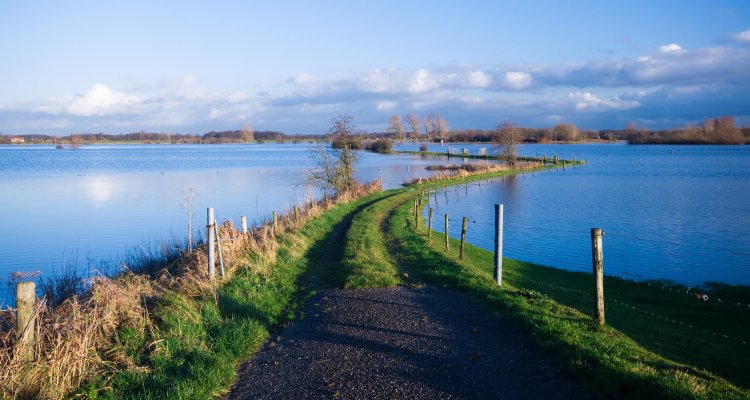
News
Water quality deteriorating in rivers worldwide due to climate change
Climate change and increases in drought and rainstorms pose serious challenges to our water management. Not only the availability of water is under pressure, but also its quality. However, according to the most recent IPCC report our current understanding of this issue is inadequate. To fill this gap, an international group of scientists has brought together a large body of research on water quality in rivers worldwide.
The study published in Nature Reviews Earth & Environment shows that river water quality tends to deteriorate during extreme weather events. As these events become more frequent and severe due to climate change, ecosystem health and human access to safe water may be increasingly under threat.
The research led by Dr. Michelle van Vliet of Utrecht University analysed 965 cases of river water quality changes during extreme weather such as drought, heatwaves, rainstorms, and flooding, as well as under long-term (multidecadal) changes in climate. “We looked at various water quality constituents such as water temperature, dissolved oxygen, salinity and concentration of nutrients, metals, microorganisms, pharmaceuticals, and plastics,” says Van Vliet.
The analysis shows that in most cases water quality tends to deteriorate during droughts and heatwaves (68%), rainstorms and floods (51%) and under long-term changes in climate (56%). During droughts, less water is available to dilute contaminants, while rainstorms and floods generally result in more contaminants that run off from land to rivers and streams. Improvements or mixed responses in water quality are also reported for some cases owing to counteracting mechanisms, for example when increased transport of pollutants is offset by more dilution during flood events.